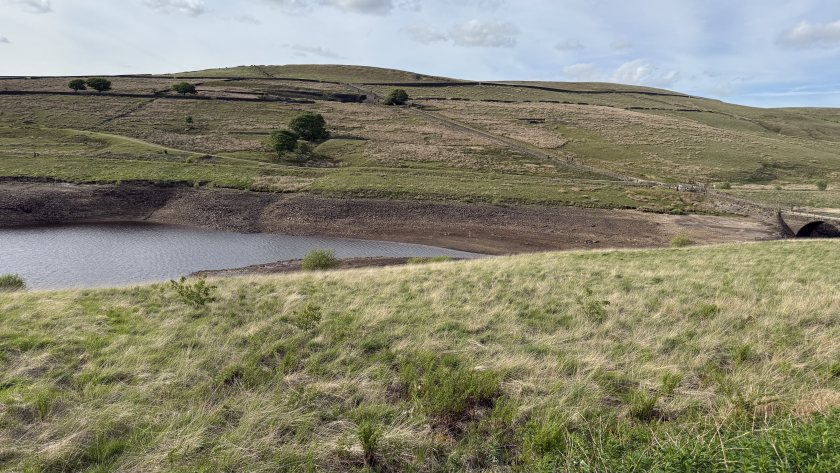Driest spring in decades leads to 'medium risk' of drought this summer

Farmers are facing mounting pressure as the driest spring in nearly 70 years raises serious concerns over potential water shortages and droughts this summer.
At a meeting of the National Drought Group, the Environment Agency (EA) revealed that England experienced its driest March since 1961, with April receiving only half the usual rainfall.
This has forced farmers to begin irrigating crops weeks earlier than normal, while reservoirs in some regions now at notably or exceptionally low levels.
The EA also confirmed that the North West is now officially in a drought, with a 'medium risk' issued for the whole of England.
Richard Thompson, deputy director of water at the Environment Agency and chair of the meeting, said: “Drier conditions at the start of this year mean a drought is a possibility and we need to be prepared.
"It’s heartening to see more people looking to reduce their water use and we expect water companies to do more to cut leakage and rollout smart meters.”
The meeting included representatives from farming groups and environmental organisations, who received an update on the current water resource situation.
The dry start to the year has increased demand on farmers’ on-site storage reservoirs as many began irrigation earlier than usual.
Across England, reservoir levels stand at 84% of total capacity, compared to 90% at the same time during the 2022 drought.
River flows are currently below normal or lower across northern and central England, while wildfires have already been reported in Cumbria, Derbyshire, and Dorset due to dry vegetation.
The Environment Agency urged members of the National Drought Group to take urgent action: water companies must intensify efforts to reduce leakage and ensure dry weather plans are ready.
They are also expected to engage with customers to raise awareness of risks and promote responsible water use during this dry spell.
Farmers are being encouraged to work with the NFU to assess their water needs for the summer and secure supplies early.
Meanwhile, the EA will collaborate with fishery owners to put measures in place to manage the effects of prolonged dry weather on aquatic habitats.
Water Minister Emma Hardy criticised the state of the UK’s water infrastructure, blaming years of underinvestment. “Our water infrastructure is crumbling after years of underinvestment.
"Water companies must go further and faster to cut leaks and build the infrastructure needed to secure our water supply.
"The government has secured over £104 billion of private sector investment to fund essential infrastructure, including nine new reservoirs to secure our future water supply into the decades to come.”
In a significant move, Defra Secretary Steve Reed has taken control of the planning process for two major reservoir projects—the first time such intervention has been made since the 1990s.
Officials have warned that without these reservoirs, the nation’s water security will remain under threat, and crucial housebuilding targets will be at risk.








